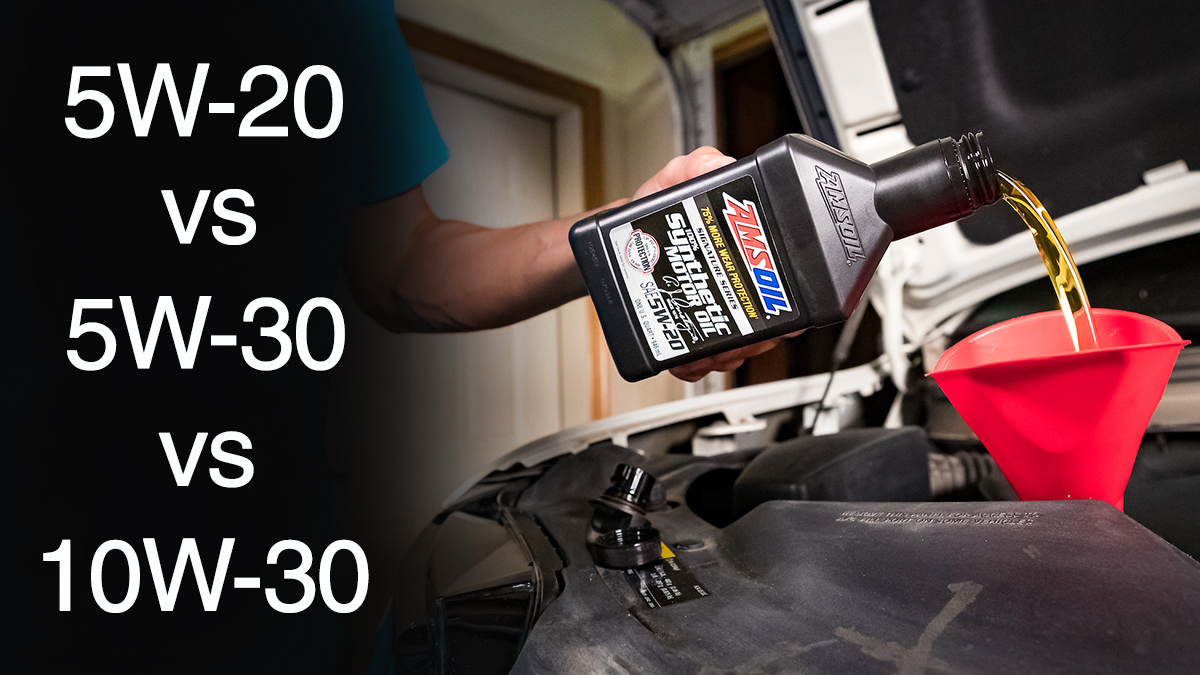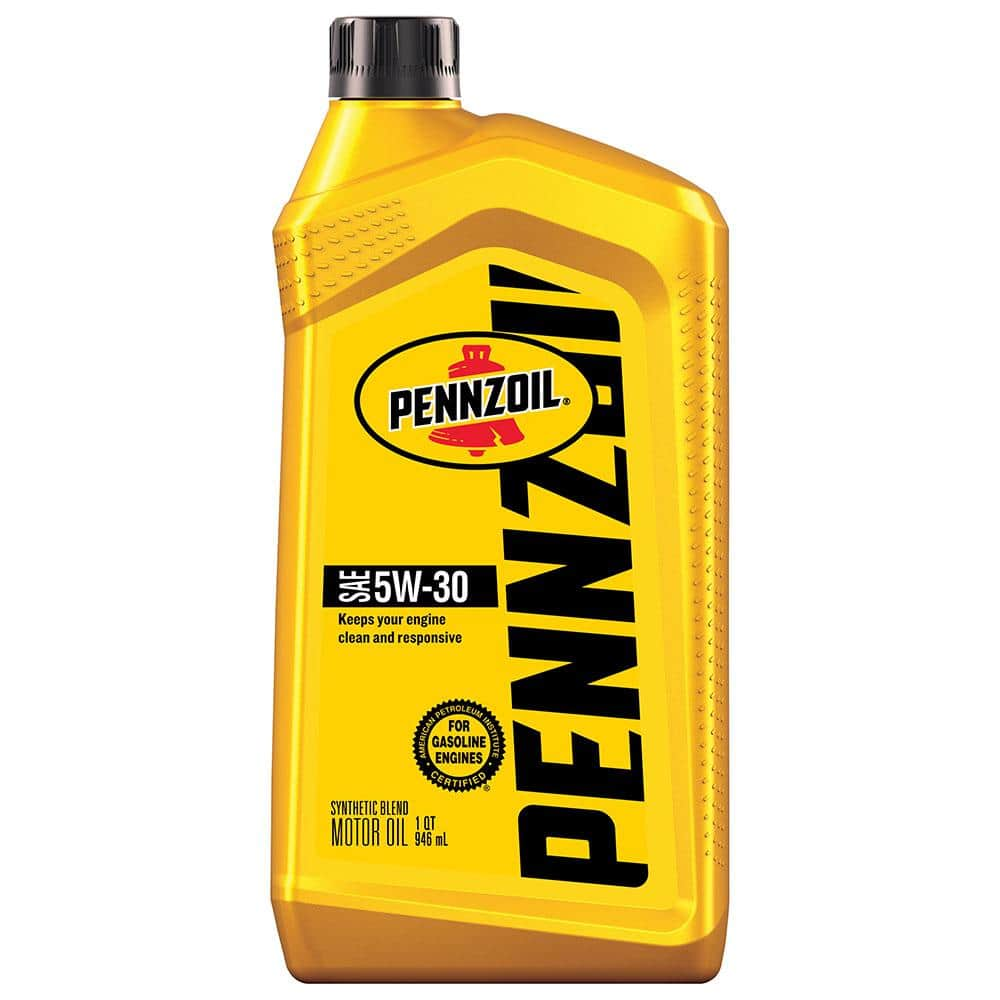Choosing the right motor oil for your vehicle is crucial for its optimal performance and longevity. When it comes to the debate between 5W20 and 5W30 oils, there are several factors to consider in order to make an informed decision.
Viscosity Ratings
Both 5W20 and 5W30 are multi-grade oils, with the numbers representing their viscosity at different temperatures. The “5” in both oils indicates their viscosity during cold starts, while the following number indicates the viscosity at operating temperature. In this case, the lower the number, the better the oil flows in cold temperatures.
5w20 Oil
5W20 oil is thinner and flows better at lower temperatures, providing quicker lubrication to critical engine components during cold starts. It is often recommended for newer engines and can contribute to improved fuel economy due to its lower viscosity.
5w30 Oil
On the other hand, 5W30 oil is slightly thicker and offers better protection in high-temperature conditions and heavy loads. It is commonly used in older or high-mileage engines that may benefit from the added viscosity for enhanced wear protection.
Vehicle Manufacturer Recommendations
It’s important to note that the best oil for your vehicle may be specified in the owner’s manual. Following the manufacturer’s recommendations ensures that the oil meets the specific requirements of your engine and maintains its warranty coverage.
Consideration for High Mileage Engines
For high mileage engines, using a motor oil specifically formulated for such conditions can be beneficial. Oils labeled as “high mileage” often contain additives that help rejuvenate seals and gaskets, reduce oil consumption, and minimize engine wear.
Top-Rated Oils for High Mileage Engines
- Valvoline High Mileage with MaxLife Technology Synthetic Blend Motor Oil
- Pennzoil High Mileage Motor Oil
- Royal Purple High Mileage Synthetic
- Mobil Super High Mileage Oil

Credit: m.youtube.com
Effect of Oil Viscosity on Fuel Economy
The choice between 5W20 and 5W30 can also impact your vehicle’s fuel economy. Thinner oils like 5W20 may contribute to improved fuel efficiency, while thicker oils such as 5W30 may have a slightly negative effect on gas mileage.
Expert Advice
Consulting with a trusted mechanic or automotive professional can provide valuable insights into which oil viscosity is better suited for your specific vehicle, driving habits, and environmental conditions.

Credit: blog.amsoil.com
Conclusion
Ultimately, the decision between 5W20 and 5W30 oils depends on various factors, including the age of your engine, manufacturer recommendations, and driving conditions. By considering these factors and seeking expert advice, you can make an informed choice that will contribute to the optimal performance and longevity of your vehicle.

